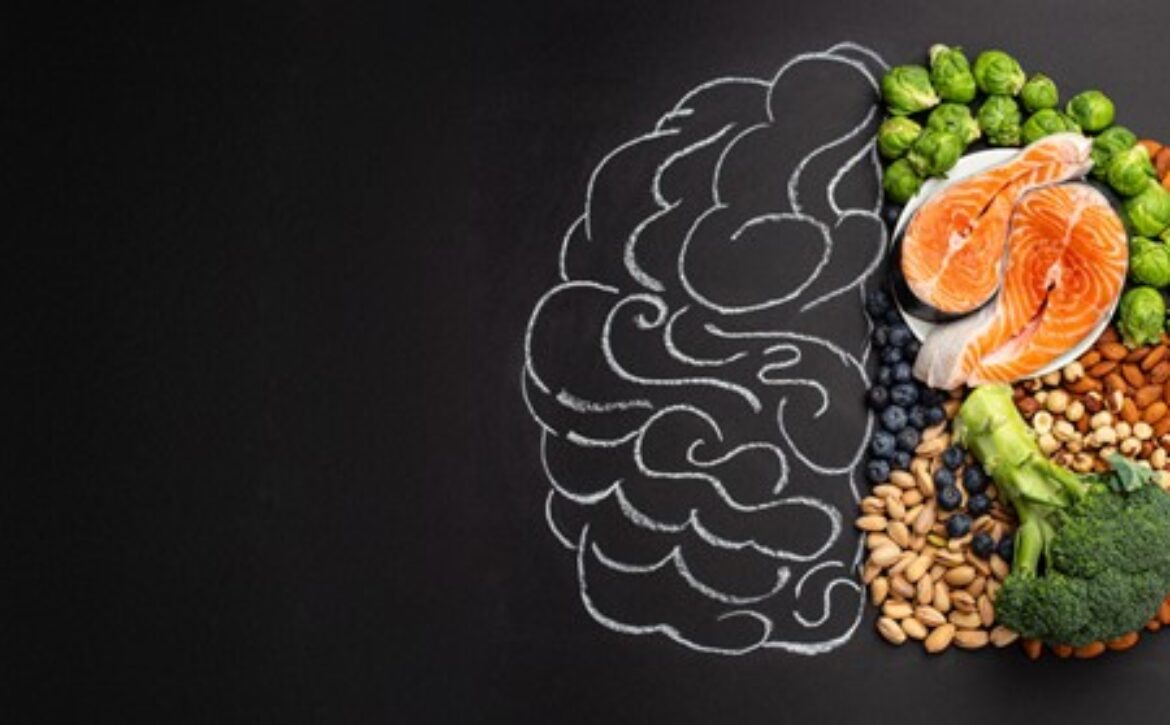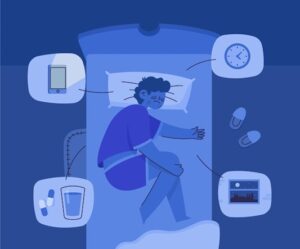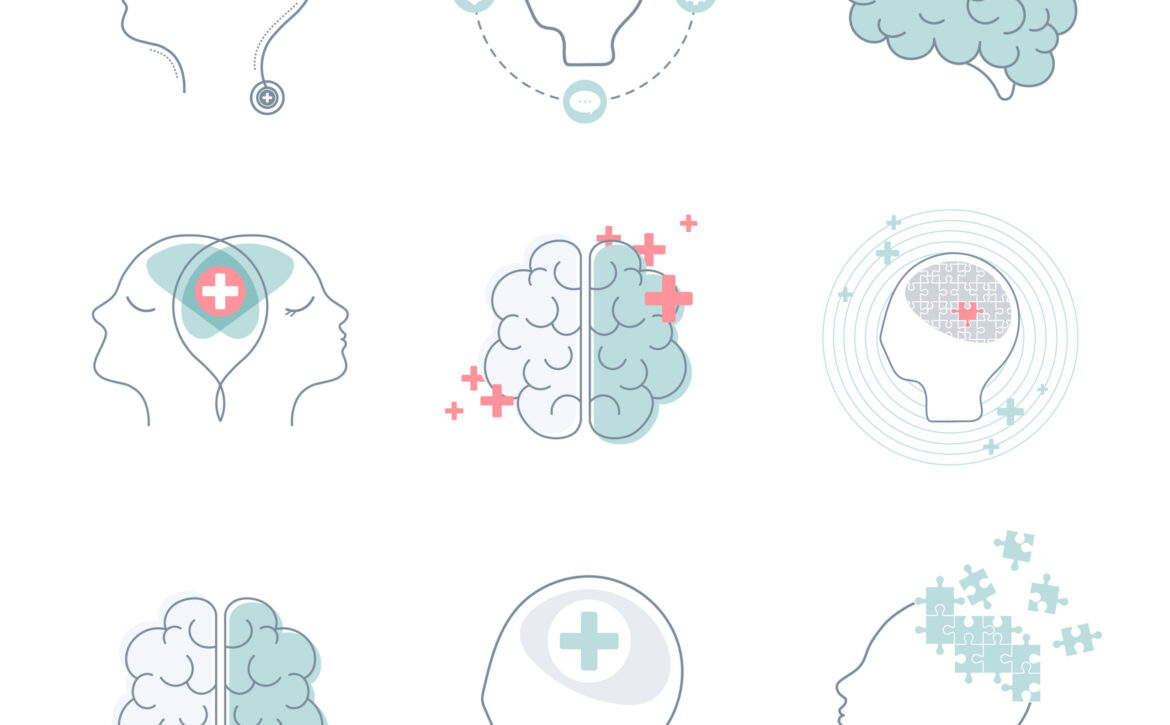How to Use Mindfulness Exercises for OCD Symptoms
Overview of OCD Symptoms
OCD, which stands for Obsessive-Compulsive Disorder, is a mental health issue that makes people have repeated thoughts that bother them a lot. For instance, someone might worry too much about being dirty and wash their hands many times. OCD can be tough, but there are ways to get help and learn how to deal with it, like talking to a therapist or taking medication. Understanding what OCD is can help people find ways to handle it better.
Understanding OCD and Mindfulness
In order to understand how mindfulness can help with OCD, it’s important to know what OCD is. OCD stands for Obsessive-Compulsive Disorder, and it’s when a person has unwanted thoughts (obsessions) and does things over and over (compulsions) to ease those thoughts. Mindfulness is a way to pay close attention to what’s happening right now without judging it. For people with OCD, mindfulness can help them notice their thoughts and feelings without getting too upset by them. It’s like looking at those thoughts from a distance and can be a powerful tool for managing OCD.
The Power of Mindfulness in OCD Management
Mindfulness has a strong role in managing OCD (Obsessive-Compulsive Disorder). It’s like a superpower because it helps you become aware of your thoughts and feelings without being too hard on yourself. For people with OCD, this can be a game-changer. Instead of getting caught up in repetitive thoughts and behaviors, mindfulness lets you step back and observe them calmly. This awareness can make it easier to break free from OCD’s grip and work towards managing it effectively.
Mindfulness Techniques for Managing OCD
Mindfulness techniques can really help along with TMS treatment for OCD in Mumbai. One way is to take deep breaths when you feel anxious because of OCD thoughts. Another way is to do a body scan, where you focus on different parts of your body to stay in the present moment and not get lost in those thoughts. You can also try grounding techniques by touching things around you and describing them, which can help bring your attention back to what’s real. And there’s thought labeling and letting go, where you acknowledge your thoughts without being hard on yourself and then let them go. These techniques can be super useful for dealing with OCD.
Deep Breathing Exercises
Our TMS treatment doctors for OCD in Mumbai suggest that deep breathing is like a special trick to calm your mind and reduce anxiety. When you’re feeling worried or stressed because of OCD or anything else, find a quiet place to sit comfortably. Close your eyes if you want. Take a slow, deep breath through your nose, like you’re smelling a flower, and count to four in your head while you do it. Then, hold your breath for a second, and breathe out slowly through your mouth, counting to four again. Do this a few times, and it can help you feel less anxious and more relaxed along with OCD treatment with TMS in Mumbai.
Body Scan Meditation
In addition to OCD treatment with TMS in Mumbai, body scan meditation is a helpful practice to bring calmness and awareness to your body. You start by finding a quiet, comfy spot to sit or lie down. Then, you close your eyes and slowly focus your attention on different parts of your body, like your toes, feet, legs, and so on, all the way up to your head. It’s like checking in with your body, and it helps you stay in the present moment. This meditation can be especially useful for people dealing with OCD as it keeps your mind from wandering into obsessive thoughts and brings you back to the here and now.
Grounding Techniques
Grounding techniques are a great way to snap out of an OCD spiral. It is like a mental tricks to help you feel more connected to the real world when your thoughts are making you feel anxious or lost. One simple method is called “5-4-3-2-1.” You look around and name five things you can see, touch four things, listen to three sounds, notice two smells, and think of one thing you can taste. Doing this brings your attention back to what’s happening right now and can help you when OCD thoughts are bothering you. It’s like a way to stay grounded and not get lost in your worries.
Thought Labeling and Letting Go
According to some experts doing TMS treatment hospital for OCD in Mumbai, thought labeling and letting go is a technique that can be helpful when dealing with obsessive thoughts that often accompany OCD. It involves acknowledging your thoughts without judging them or getting caught up in them. When an obsessive thought comes to mind, you simply label it as a thought. For example, if you’re constantly worried about germs, you can say to yourself, “That’s just a thought about germs.”
The next step is to consciously let go of that thought instead of dwelling on it or trying to analyze it. It’s like allowing the thought to pass by without attaching too much importance to it. This practice can be liberating because it helps you distance yourself from your obsessive thoughts and regain control over them, ultimately reducing their power and influence on your actions and emotions for the better mental health.
Creating a Mindfulness Routine
Creating a mindfulness routine is akin to constructing a daily sanctuary for your mind, especially when dealing with OCD. It’s like setting up a safe haven. Find a tranquil space, designate a specific time, and begin with simple practices like deep breathing or body scans. By nurturing this routine, you’re essentially training your mind, and enhancing your ability to manage OCD symptoms. Over time, this mindful haven becomes a valuable resource, empowering you to maintain inner peace and resilience amidst the ups and downs of OCD.
Finding a Quiet Space
Finding a calm and quiet place where you can practice mindfulness without distractions. This space should be a tranquil refuge, free from disturbances, like a cozy corner in your home or a serene spot in nature. Much like creating your peaceful haven, finding a quiet space allows you to escape distractions and focus better on mindfulness exercises. It’s like opening a door to a serene world where you can calm your mind, reduce anxiety, and take control of your OCD symptoms, even if just for a little while.
Consistency and Patience
Consistency and patience are your trusty companions on the path to using mindfulness effectively in managing OCD. Consistency involves sticking to your mindfulness routine, much like tending to a garden by watering it daily. Patience is like giving yourself time to grow, just as a seed takes time to sprout into a strong plant. By maintaining consistency and having patience, you’ll see progress in managing your OCD symptoms. It’s a bit like watching a masterpiece slowly come to life, one brushstroke at a time, as you work towards a calmer and more peaceful mind.
Integrating Mindfulness into Daily Life
One of the emerging ocd treatment approaches for TMS in Mumbai is Integrating mindfulness into daily life means adding moments of calmness to your regular activities, which can be really helpful when dealing with OCD. It’s like taking small breaks to stay relaxed throughout the day. Consider the flavor and texture of your meal while you eat. During activities like walking or cleaning, stay focused on what you’re doing. When you talk to people, listen carefully. These little moments of mindfulness can make your day more peaceful and help you manage OCD better. It’s like adding small drops of serenity to your daily routine.
Mindful Eating Habits
Eating mindfully can help reduce anxiety. Mindful eating is like a special way of enjoying your food. Instead of rushing through a meal, take your time to savor each bite. Pay attention to the flavors, textures, and even the smells of your food. It’s like making a delicious meal into a relaxing experience. By eating mindfully, you can reduce anxiety, especially when dealing with OCD, and develop a healthier relationship with food. It’s a simple but powerful practice that helps you appreciate and enjoy your meals more while bringing a sense of calm to your eating habits.
Mindful Movement and Activities
Practicing mindfulness during movement and activities means being fully present in what you’re doing. Whether you’re walking, exercising, or doing chores, pay close attention to each action. Feel the ground beneath your feet, the air around you, and the sensations in your body. It’s like making these everyday activities more meaningful. By staying in the moment, you can reduce anxiety and find a sense of peace, which can be especially valuable when dealing with OCD. This simple practice adds a touch of calm to your daily life, making it easier to manage the challenges OCD may bring.
Mindfulness in Interactions and Communication
Mindfulness in your conversations is like giving someone a thoughtful gift – your full attention. It means listening to what they say without your mind wandering elsewhere. It’s like being present with them in that moment, just like when you’re watching your favorite show and nothing else matters. By being truly engaged in your interactions, you build better connections with people and keep OCD thoughts from taking over. This simple practice can make your relationships more meaningful and peaceful, which can be a great help when you’re dealing with OCD.
Tracking Progress and Adjusting Techniques
Tracking progress and adjusting mindfulness techniques is akin to crafting a tailored suit. Just as a skilled tailor measures and refines each detail for the perfect fit, you assess your mindfulness journey. Take note of what works best for you, like a tailor choosing the finest fabric. If one technique doesn’t suit you, it’s like altering the suit to enhance comfort. By adapting your mindfulness practices, you’re customizing them to fit your unique needs, ensuring a smoother path towards managing OCD’s challenges with finesse.
Seeking Professional Guidance
When dealing with OCD, especially if it’s severe, it’s crucial to reach out to a trained therapist or counselor. They’re like the experts who know the terrain well and can provide you with a map and tools for the journey ahead. Therapy, medications, or other treatments can be like the provisions that ensure your safety and success. Remember, seeking professional help is a brave and wise step toward effectively managing OCD and finding your way to a better mental and emotional state.
Mindfulness can be a powerful ally in managing Obsessive-Compulsive Disorder (OCD). By understanding OCD and the role of mindfulness, you can harness its benefits to gain more control over intrusive thoughts and compulsive behaviors. Techniques like deep breathing, body scan meditation, and thought labeling can provide relief and calmness. Establishing a consistent mindfulness routine and integrating it into daily life can lead to lasting improvements. Furthermore, tracking progress and seeking professional guidance when needed are vital steps in the journey toward effectively managing OCD. Remember, your path to managing OCD is unique, and with patience and diligence, you can find greater peace and resilience in your life.





























 Social and relationship
Social and relationship 
















 Therapy is typically recommended as part of a comprehensive
Therapy is typically recommended as part of a comprehensive